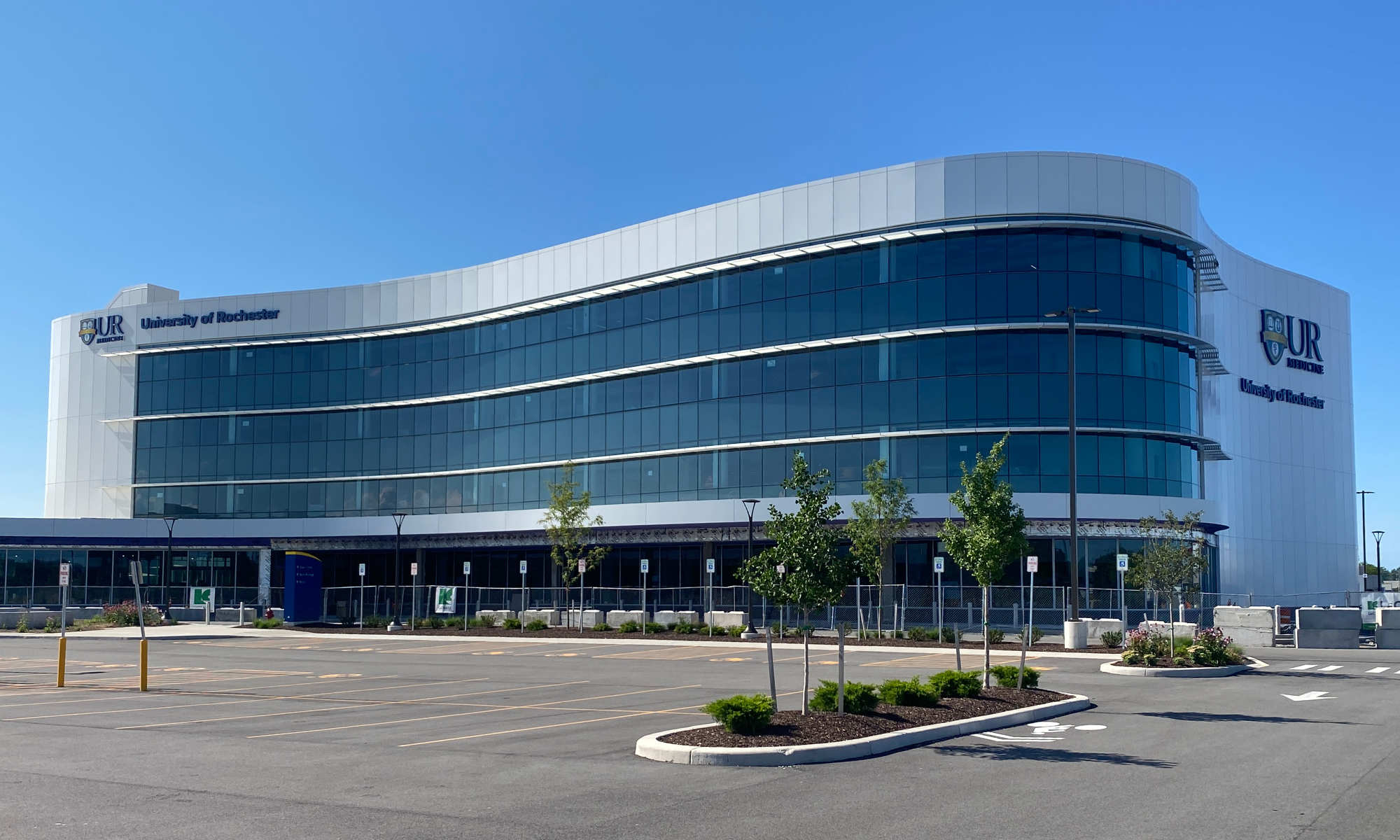Part 2
Along Marshall and a nearby commercial stretch of South Crouse, the university's recent high-dollar buying spree can be traced back as beginning in June and July of 2021 — partly under its for-profit country club subsidiary, Drumlins Inc., and partly under SU's name directly.
SU has spent $106.85 million on Marshall and South Crouse real estate since that time period. The total clocks in at $110.85 million if you run the starting point back to July 1998, when the university paid $4 million for landlord rights over Marshall Square Mall. (Though, of course, any dollars in 2025 are significantly inflated from those dollars in 1998.)
Buyouts along Marshall Street's frontage have so far fallen into something of a sawtooth pattern, which some interpret as blocking potential developer-style consolidations inspired by perceived market demand for more modern, more vertical, and more productive commercial and mixed-use spaces.
(Such as the surprise accomplished by the developer sector in creating The Marshall, a tax-break-subsidized mixed-use big box, later bought out by SU, and in 2024 recategorized as a dorm now doing business as Milton Hall. The asset is now scheduled to move to 95 percent property tax free as of 2025.)
As time goes by, the spatial ownership complexity will mean there's really only one potential buyer left — occasionally sending out functionaries to desultorily kick the tires on the scene of whatever might next be available. That's likely to suppress prices achieved by all holdouts during the district's remaining transition.
SU's deal-making raises questions about the whether the local economy's pedestrian- and visitor-friendly "collegetown district" will continue to fade, get somehow revitalized, or be gradually converted altogether into just another campus zone. To the extent that Syracuse lays claim to a tourism industry, Marshall Street is (or was) an important locale for visitors spending money, beyond meeting strong retail demand on a daily basis from staff and students.
SU's moves also pose implications for further shrinkage of the city's tax base. The well-known local educational non-profit has a knack for gradually converting taxable spaces into arguably-mission-relevant uses, and soon thereafter getting with the City Assessor behind the scenes on a quiet quest for partial or whole exemptions.
Needless to say, there's no press release or story in the paper when this sort of thing happens, even though millions of dollars are on the line. Instead, whatever discount is achieved by Big Ed (or, sometimes, by Big Med) gets obscurely redistributed into slightly bigger bills for non-exempt property owners, evermore.
The issue overlaps an already proven legal gray area — the question of campus buildings turning up with partial internal commercial activity theoretically shielded from property taxation, partly due to SU's status as a touchy community heavyweight with teams of lawyers always at the ready.
Witness the still-largely-unreported, still-unresolved, and now-three-year-old dispute in which City Hall and SU wound up locked in ultimately *sealed* litigation — over the taxability of shopping-mall-type commercial amenities, long ringing up sales within Schine Student Center.
[Update Nov. 18: Recently filed legal paperwork confirms City Hall has surrendered over taxing a small part of SU's Veterans Center — but wishes to keep alive the taxing question over a small part of...

www.facebook.com
Sealed! The Town / Gown Conflict that dares not speak its name... Syracuse University vs. City of Syracuse... Lawyers for the well-known educational non-profit appear to have quietly re-initiated...

www.facebook.com

 www.syracuse.com
www.syracuse.com

















